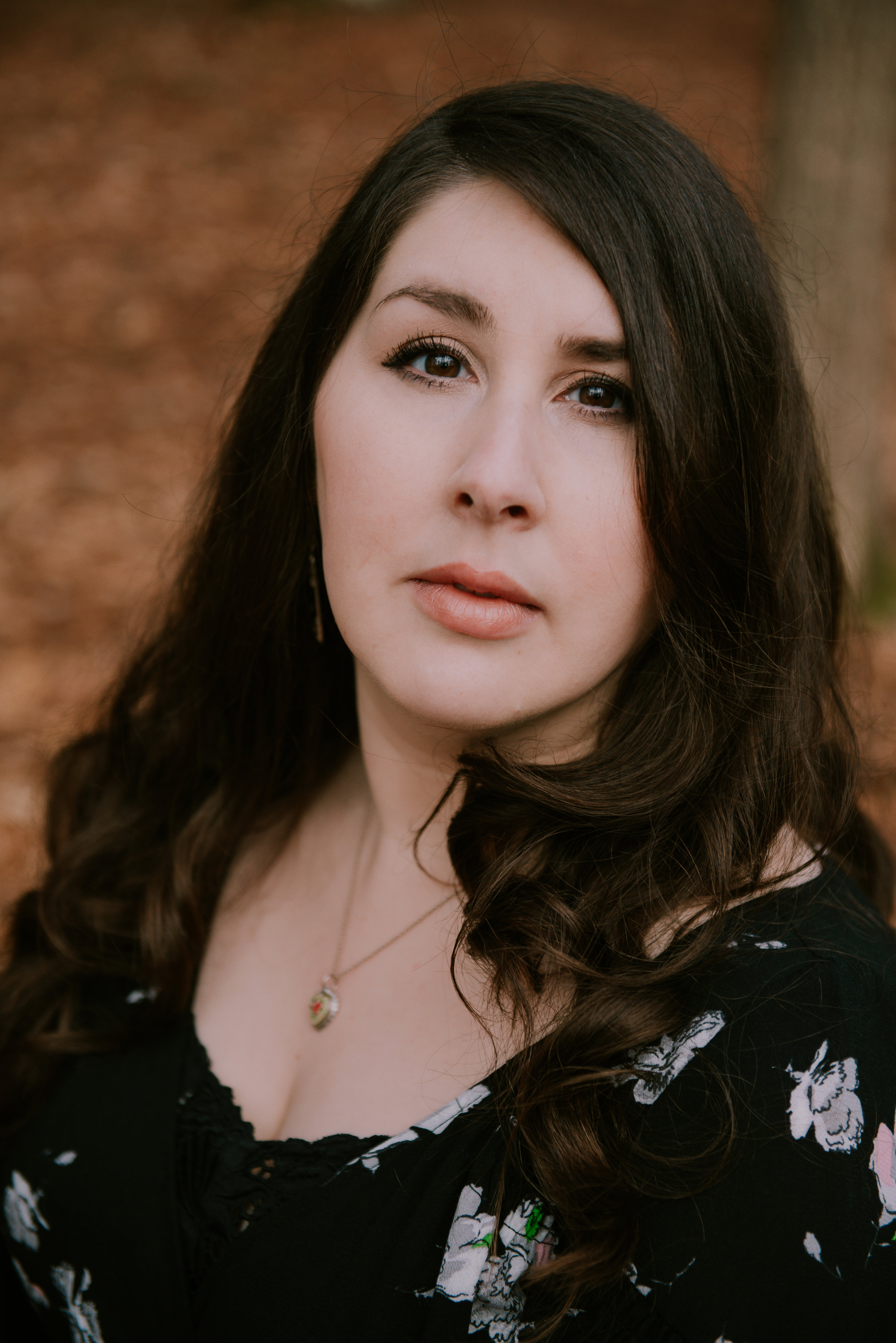ISSN: 1941-4137
POETRY THAT ENACTS THE ARTISTIC AND CREATIVE PURITY OF GLASS
POETRY THAT ENACTS THE ARTISTIC AND CREATIVE PURITY OF GLASS

Emma Bolden is the author of three full-length collections of poetry — House Is An Enigma (forthcoming from Southeast Missouri State University Press), medi(t)ations (Noctuary Press, 2016) and Maleficae (GenPop Books, 2013) — and four chapbooks. The recipient of a 2017 Creative Writing Fellowship from the NEA, her work has appeared in The Best American Poetry, The Best Small Fictions, and such journals as the Mississippi Review, The Rumpus, StoryQuarterly, Prairie Schooner, New Madrid, TriQuarterly, the Indiana Review, Shenandoah, the Greensboro Review, and The Journal. She currently serves as Associate Editor-in-Chief for Tupelo Quarterly.
Previously in Glass: A Journal of Poetry:
Christmas, 2016
Arlington
In America We Have Only the Present Tense
In the Springtime of Her Voodoo
Love licked her
clean sucked the skin
stark off them knuckles then
tossed them back
in the ass of the yard
under ash trees
smoke sunset called
the hulk & hull of her
trash baby she burned
there ain’t no angel
without a devil beaten under wing
& scepter she accepted every last
glass-skirt glare stood spike-
healed bestowed upon the lawn
a concrete colossus poured good
into them stockings sheer gall the all
of her to lift
the lip of her hem
up then pearl
in the hollow of her mouth that string
of teeth just look at any saintly
lady see her
halo’s the hilt of a gun
she sister spoon-
liquored soothed the bottom
of that 5th to its sticky
sweet isn’t always a synonym
of rot can you still smell her
verbena ticking off
time with each click of the clipper
girlfriend nailed her
own body up & over
in the dogwoods
still through the gin
season she had the Mrs singing praise
hymn before she leaved
Whenever I’m asked about my poetic influences, I trot out a hallowed list of names: Emily Dickinson, Anne Carson, Adrienne Rich, Louise Glück. A sin of omission. The list leaves out my biggest influence, the woman who taught me the wildest reaches of language, whose voice taught me how to howl out all the ugly beauties I’d kept silent all those years. I found her not on the page but perched on a piano bench, whipping her red hair as her fingers frenzied down the keys.
My biggest influence? Tori Amos.
Growing up as a good Catholic girl in the Alabama, I spent most of my time listening to other people tell me what “good” meant. It meant quiet. It meant soft. It meant that language was the place where you learned to be sweet, that the piano was the place where you learned to play “Amazing Grace.” It meant crossing your legs at the ankle. It meant magnolias and talcum powder and linen. It meant being demure and definitively straight. It meant twin sets and seed pearls and yes m’am and yes sir. It meant exactly what I could not, no matter how hard I tried, seem to be. And then came Tori Amos, playing the hell out of those low, dark notes at the far end of the piano that thrummed within me, electric and dirt-real and deep as any of the thousand secrets I’d tried to keep down so I could prove to the world I’d been brought up right.
When Boys for Pele came out, I was fifteen and brim-filled with anger and with the desire to be who I was instead of who I was told to be. The first time I listened to the CD, I was shocked and raw and bewildered and exhilarated and, most of all, irrevocably changed. In Amos’ music, I found the flipside of Southern womanhood, the Goddess of IDGAF who not only allowed herself to be open and angry and powerful but who proved that being a woman who’s open about anger is itself powerful. In her lyrics, I found the inexhaustible possibilities of language, which, I learned, didn’t have to be soft or easy or even entirely translatable. It just had to be real, authentic, individual — another kind of power.
There’s a moment at the end of “In the Springtime of His Voodoo” that sticks with me every time I stick my own words to the page. The song’s refrain — “he was going to show me spring” — shows a woman who looks to a man for guidance. The verses, however, invert and destroy that ideal by showing a woman who’s more than willing to go out and go after anything and everything she wants, ideals be damned. The song rises and rises until, finally, Amos sings out so hard that her voice breaks: “I need some voodoo on these prunes.” In that moment, language and meaning meld; she takes ownership of herself and her magic and doesn’t give a damn what those old prunes say in their etiquette books. When I’m writing at my best — especially about the South — I’m writing in that spot, perched with Tori on her piano bench, reaching for the notes I most need to sing and howling them out to glory. I’m reaching for the place inside of myself that I found through the map her music gave me, the place where I find the power to decide exactly what is good for myself.
Glass: A Journal of Poetry is published monthly by Glass Poetry Press.
All contents © the author.
All contents © the author.





